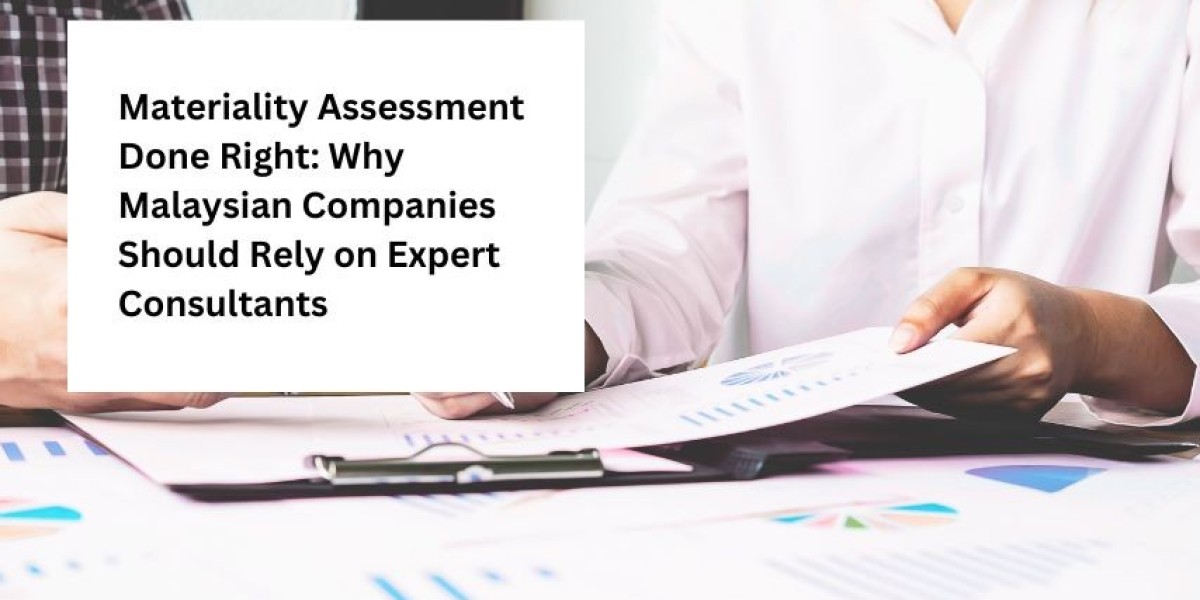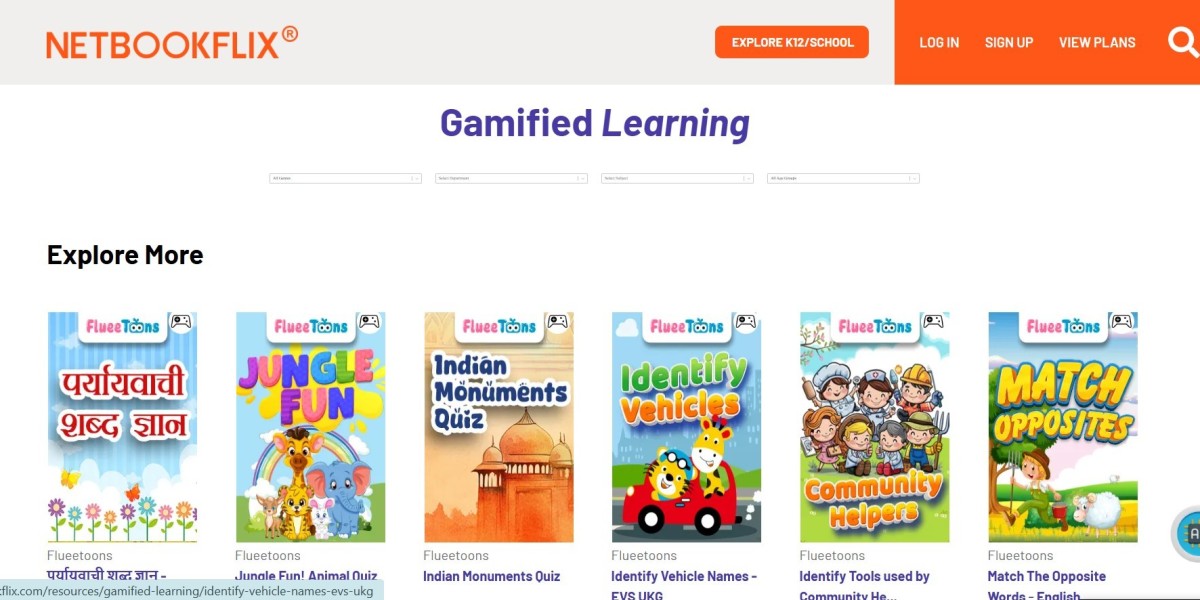The business landscape in Malaysia is shifting rapidly. With growing emphasis on Environmental, Social, and Governance (ESG) factors, companies are under increasing pressure to demonstrate accountability and transparency to their stakeholders. At the heart of any robust ESG strategy lies the materiality assessment—a process that allows organizations to identify and prioritize the issues that matter most to their business and stakeholders.
While some companies may attempt to tackle materiality assessments internally, there is significant value in engaging expert consultants to ensure the process is executed effectively. This article explores why materiality assessments are essential for Malaysian businesses, why relying on experienced consultants is a smart move, and how sustainability consultants play a critical role in building a company’s long-term value proposition.
The Importance of Materiality Assessments
1. Identifying Relevant ESG Issues
Materiality assessments focus on determining which ESG factors are most critical to a company’s operations and stakeholders. Every business has its own set of unique challenges and risks, shaped by its industry, geographic location, and stakeholder expectations. For instance, a manufacturing company may need to focus on reducing carbon emissions, while a financial services firm may place greater emphasis on customer data privacy.
Getting this right is crucial. Companies must understand that not all ESG factors carry equal weight. A robust materiality assessment identifies the areas where a business can create the most significant impact, allowing for informed decisions that align with strategic priorities.
2. Meeting Regulatory and Investor Expectations
Malaysia’s regulatory landscape is evolving to reflect the global push for transparency in ESG reporting. Guidelines such as those issued by Bursa Malaysia and the Malaysian Code on Corporate Governance emphasize the importance of identifying and disclosing material ESG risks and opportunities.
Investors also play a significant role, as they increasingly favor businesses that integrate ESG considerations into their governance. According to global trends, ESG-compliant companies tend to attract more ethical investments, reduce risks, and build long-term resilience. A precise materiality assessment not only ensures compliance with regulatory standards but also strengthens investor confidence by signaling that the company has a clear roadmap to addressing ESG concerns.
3. Enhancing Stakeholder Engagement
For Malaysian companies, stakeholders include employees, customers, investors, local communities, and environmental groups—each with their own priorities. A well-executed materiality assessment serves as a bridge between the business and its stakeholders. By identifying what matters most to stakeholders, companies can address these concerns proactively and build stronger, trust-based relationships.
For example, consumers around the globe are becoming more discerning about how products are sourced and manufactured. A company that aligns with stakeholder values—through reducing waste, adopting renewable energy, or promoting fair labor practices—can significantly enhance its reputation.
Why Expert Consultants Are Key to Effective Materiality Assessments
1. Navigating Complexity
The process of conducting a materiality assessment can be highly complex. It involves gathering and analyzing data, coordinating feedback from a wide range of stakeholders, and aligning findings with business goals.
Expert consultants bring a depth of knowledge and an objective perspective that is invaluable in navigating this complexity. They understand how to structure the process to ensure critical factors are not overlooked. Additionally, consultants are well-versed in global reporting standards, such as the Global Reporting Initiative (GRI) and the Sustainability Accounting Standards Board (SASB), enabling businesses to stay aligned with industry benchmarks.
2. Industry-Specific Insights
Different industries come with their own sets of risks and opportunities. Consultants who specialize in materiality assessments often have extensive experience across various sectors, enabling them to offer tailored insights. For example, a consultant working in the energy industry may emphasize decarbonization and renewable energy transition, while those advising FMCG companies might focus on supply chain efficiency and packaging innovation.
This industry-specific expertise ensures that Malaysian companies address the right ESG factors for their unique context, avoiding generic solutions that may lack impact.
3. Ensuring Scalability and Long-Term Success
A properly conducted materiality assessment is not just a one-time exercise. It offers a foundation for long-term ESG strategy development. Experienced consultants understand that businesses evolve, and they design materiality assessments with scalability in mind. They highlight trends that are likely to gain traction in the future, preparing the business for shifting priorities down the road.
The Role of Sustainability Consultants
Materiality assessments are just one piece of the larger ESG puzzle. To derive true value from these efforts, companies must integrate their findings into broader sustainability strategies. This is where specialized sustainability consultants play a pivotal role.
1. Translating Insights into Strategy
Sustainability consultants go beyond the diagnostic phase of materiality. They work closely with companies to translate assessment findings into actionable strategies that align with the company’s mission, values, and goals. For instance, a consultant might recommend adopting more sustainable procurement processes, thereby addressing both environmental impact and stakeholder concerns about supply chain transparency.
Such consultants ensure that sustainability becomes a core part of the company’s culture, rather than a peripheral concern. They spotlight opportunities to innovate, cut costs, and create new business models through sustainable practices.
2. Achieving Long-Term Goals
One of the key benefits of sustainability consultants is their ability to guide companies toward long-term goals. For example, Malaysia’s Nationally Determined Contributions (NDCs) to the Paris Agreement require ambitious reductions in greenhouse gas emissions. Achieving such targets involves multi-year planning and deployment of resources, areas where expert guidance is invaluable.
Sustainability consultants offer structured frameworks for tracking progress and aligning sustainability initiatives with global standards, ensuring companies stay on course to meet their commitments.
3. Enhancing Corporate Reputation
Sustainability is increasingly becoming a competitive differentiator. Companies that place ESG at the forefront of their strategies stand to gain not only operational efficiencies but also reputational benefits. A sustainability consultant can help craft a narrative around the company’s efforts, ensuring that the message resonates with stakeholders.
For example, they may support the development of sustainability reports that highlight the company’s achievements or guide the communication of its climate action efforts on public platforms. Such visibility not only attracts investors and customers but also ensures alignment with employee values, boosting internal morale.
Why Now Is the Time
For Malaysian companies, there has never been a better time to invest in materiality assessments and sustainability consulting. With the Malaysian government pushing forward policies on sustainability, and global trends favoring ESG-focused businesses, the urgency is clear. Companies that proactively adopt these measures will not only achieve compliance and de-risk their operations but also unlock opportunities for innovation, stakeholder loyalty, and competitive advantage.
Partnering with expert consultants like Wellkinetics ensures these efforts are undertaken with precision, industry expertise, and a forward-looking approach. It’s an investment into not just compliance, but long-term growth and value creation.
By taking these steps, Malaysian companies can lead the way in sustainability, setting benchmarks not just regionally, but globally.













